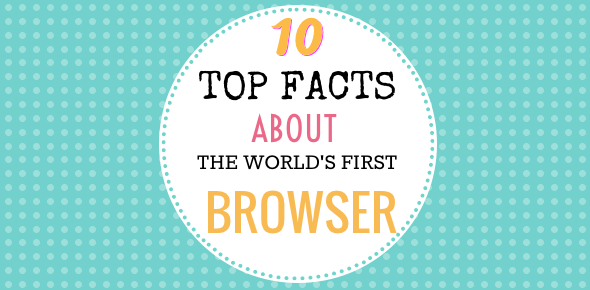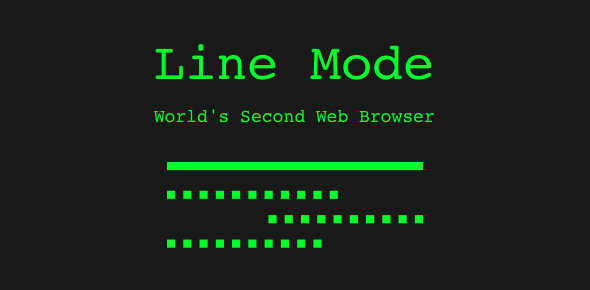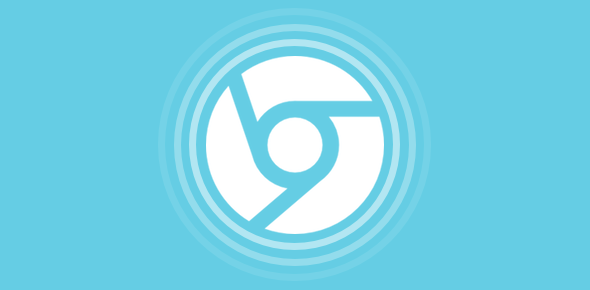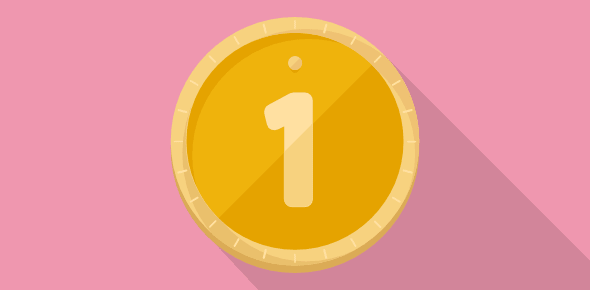Someone sent me a mail this morning – “ I would rather die than use Chrome for browsing… it’s passing everything I do on the web to Google and I would NEVER jeopardise my privacy“. Strong words indeed! I won’t say this thought hadn’t come to me before, but I am too fond of Google’s browser especially after the proof I got of the built-in enhanced security measures – read Chrome security features for safer browsing.
So I did a bit of digging around and lo behold, I reach Matt Cutts’ site again – it was Matt’s blog post that convinced me to give Google Chrome a “serious” try.
Sponsored Links
In one of his earlier posts, written the day after Chrome’s launch, he correctly guesses that some people might refrain from using the Google browser because of privacy concerns especially Chrome’s sharing of data with Google. To prevent “paranoia” engulfing web users, Matt Cutts gives his take on Chrome privacy issues after talking to the browser development team.
No privacy problems if you are simply browsing the web
Casual users who are leisurely surfing the web, going from one web site to another, clicking on links need not have privacy concerns. Chrome is not going to share your browsing habits, passwords, personal details etc. with Google.com. This means a majority of Chrome users need not have sleepless nights.
Chrome crash reports
All programs crash and Google Chrome is no exception – it has crashed on me a couple of times. Reports on such malfunctioning and “other anonymous [Chrome] usage statistics” are NOT sent to Google by default. Mr. Cutts (and the Chrome development team too) would really appreciate if you opted in to pass such information to the company as it would help make Google Chrome better.
Searching via Google Chrome
One of the Chrome features I had really liked was the simple interface – no unnecessary buttons and the single field that acts both as search and URL/web address bar. Now if you’ve set Google as the default search engine on Chrome, the browser will communicate with the search engine so that useful query and URL suggestions can be offered. I suppose this is fine because it improves your searching and browsing experience. By the way, you can change the default search engine on Chrome – you are not restricted to using only Google. Getting helpful and constructive hints based on your search query should not be construed as a “privacy leak”.
Chrome and 404 pages
On encountering a 404 page (web page not found error), Chrome may ask for Google search engine inputs and offer alternate page suggestions. This happens ONLY if the 404 page is less than 512 bytes. A customized and helpful 404 page on a web site will most likely be more than 512 bytes, in which case, Chrome will simply dig that page out from the web server. You can also modify this action via the Chrome “Options”. – look for “Show suggestions for navigation errors” and uncheck it.
Update checks
Chrome automatically checks for new updates every 25 hours during which it communicates with Google. This is done to keep the program in good health and there is no risk to your privacy. In fact, it’s the other way round – the browser wants to keep your computer safe from malicious attacks and, hence, looks for patching security holes.
Matt Cutts also tells us of two occasions when Google Chrome “talks” to Google.com for downloading information (not uploading):
- Chrome downloads a list of 32-bit URL hashes thought to be dangerous every 30 minutes
- Downloading of the spellcheck dictionary from Google when you change the interface language
At the end of his blog post, Matt mentions an article by David Pogue (of Pogue Press fame – publishers of the popular “Missing Manual…” series) in the NYTimes – Since Google Chrome is an open-source browser; its code is open to the public and its rivals. Others can check for themselves if user privacy is indeed at stake when using Chrome.
Chrome’s usage is still quite low and Google would love to get more of the web browser market share. They have undoubtedly spent a good amount of money in developing and promoting their Chrome web browser and it would indeed be unfortunate if the browser fails because of conspiracy theorists; I guess the same ones who raised a storm on Gmail privacy issues because the service reads email contents to display relevant text ads.






